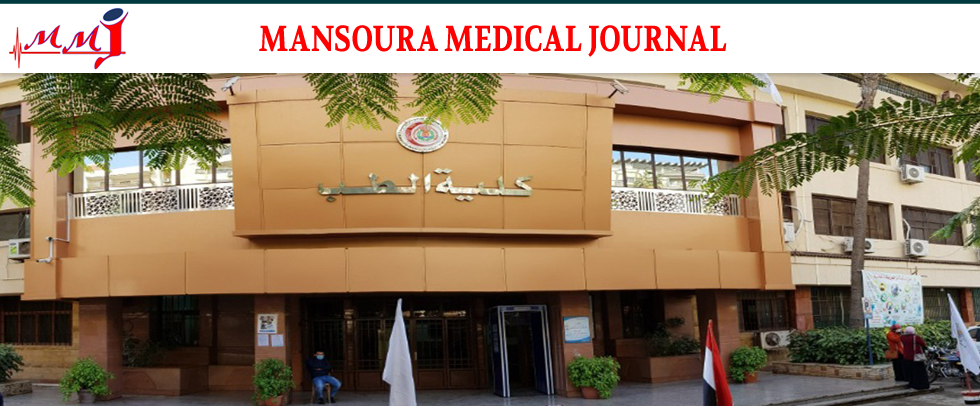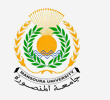Article Type
Original Study
Abstract
Background: Variceal bleeding is a severe complication of patients with portal hypertension. Early rebleeding occurs frequently in the first days after admission and mortality associated with each bleeding episode ranges from 30-50%. Aim: To identify risk factors for early rebleeding from esophageal varices in a prospective study. Patients and Methods: A con-secuative series of 469 patients with variceal bleeding was evaluated. They were 406 males (86.5%) and 63 females (13.5%). Their mean age was 50.61+11.2 years. Etiology of portal hypertension was schistosomal hepatic fibrosis in 13%, post- hepatitic in 23.6% and mixed schistosomal and post hepatitis cirrhosis in 63.4%. Child- Pugh's class showed 44.1% grade A; 42.9% grade B; 13% grade C. Endoscopic treatment was carried out in less than 24hr, EIS in 60.7% , EVL in 29.9%, Histoacryl for gastric varices in 8.4% and combined EIS and EVL in 1% of cases. Results: Active bleeding at time of endoscopy was found in 57.8% and gastric varices in 17.3% of patients. Early rebleeding (within 7 days) was reported in 73 patients (15.6%) and was significantly associated with high WBC count (p < 0.001), Child class C (p < 0.001), presence of active bleeding during endoscopy (p < 0.001) , gastric varices (p < 0.001), Positive HCV-Ab (p < 0.001), high serum creatinine (p < 0.005) and diabetes mellitus. Conclusion: several clinical, laboratory and endoscopic factors were strongly associated with early rebleeding from oesophago-gastric varices. Diabetes mellitus and HCV positive cases
Recommended Citation
Shiha, Gamal; Elaskalany, Hassan; Abd El-samei, Ehab; and Salem, Sayed
(2001)
"IDENTIFICATION OF RISK FACTORS FOR EARLY REBLEEDING FROM OESOPHAGO- GASTRIC VARICES: A PROSPECTIVE STUDY.,"
Mansoura Medical Journal: Vol. 30
:
Iss.
2
, Article 7.
Available at:
https://doi.org/10.21608/mjmu.2001.127032
Creative Commons License

This work is licensed under a Creative Commons Attribution 4.0 International License.



